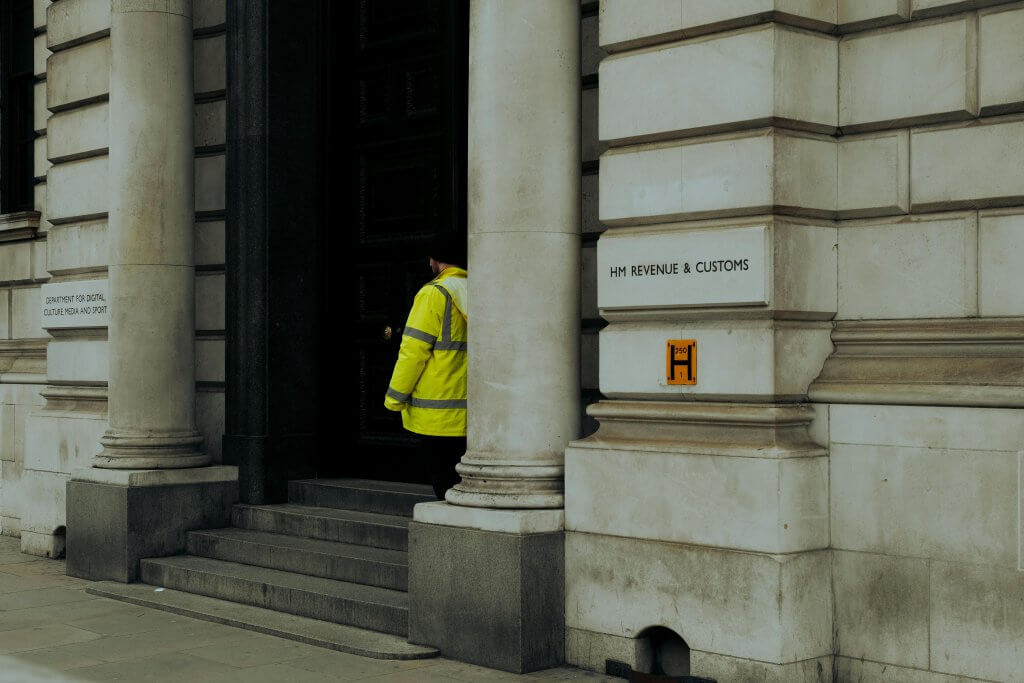As a business owner, there may be times when you find yourself in a difficult financial situation, unable to meet the obligations of paying your staff’s wages. This article will explore the reasons why this can happen and the potential solutions when business owners can’t pay their staff wages. We’ll look at this from both outside and in the context of an insolvency process and whether or not the business is able to continue to trade.
What can cause this problem?
The inability to pay staff wages can arise from various reasons. An unexpected drop in sales, late payments from clients or unexpected expenses can all contribute to cash flow issues, leaving you short on funds to pay your employees.
Not being able to make payments on time requires fast action to counter the gap in cash flow. Depending on the depth of cash flow problems more fundamental changes might be needed.
There are solutions to these challenges outside of entering an insolvency process. As a business owner working with one of our licensed insolvency practitioners, we’d walk you through some alternatives and help you implement them. These could include:
Communicating with your employees:
Be honest with your staff about the situation. They may be more understanding and willing to work with you if they are aware of the financial difficulties the business is facing.
Negotiating payment plans:
Work with your employees to develop a payment plan that allows you to pay their wages in instalments over a period of time. This can help ease the immediate financial burden on your business while still meeting your obligations to your staff.
Seeking external funding:
Exploring options such as government-backed funding schemes might be an option to help cover the cost of wages. Be cautious when taking on additional debt, as this may exacerbate financial difficulties in the long term. The underlying causes of the cash flow difficulties need addressing. Just borrowing money may buy more time but doesn’t in itself solve the business’s issues. Be cautious of giving personal guarantees that can shift company borrowing on to you personally.
Cutting costs:
Review your business expenses and identify areas where you can reduce spending. This may include renegotiating contracts with suppliers, cutting back on non-essential expenses, or even downsizing your workforce through voluntary redundancies or reduced hours.
Increasing revenue:
Look for ways to boost your income, such as offering promotions, expanding your product or service offerings or targeting new markets.
Formal insolvency solutions
If your financial difficulties are severe and you decide that declaring insolvency and entering a formal insolvency process is the right solution, you still have options.
A CVA is a legally binding agreement between your business and its creditors, which allows you to restructure your debts and repay them over a specified period. This can help free up cash to pay staff wages while you work to turn the business around.
Placing your company into administration also provides protection from legal action by creditors. The aim here, however, is for your insolvency practitioner to either rescue the business or achieve a better outcome for creditors than liquidation would provide. During this process, your business may be able to continue trading, depending on the circumstances.
Another form of administration is pre-pack administration. This involves the sale of the business and its assets to a new company owned by the existing directors or a third party. The new company can then continue trading and employing staff, although it’s important to take specialist advice when planning to move employees from one company to another as part of a business transfer.
It might be that liquidation may be the only option. This involves selling the company’s assets to repay creditors, after which the company ceases trading. In this scenario, employees will likely lose their jobs but they may be entitled to claim outstanding wages, redundancy pay and other entitlements from the government’s Redundancy Payments Service (RPS).
It may also be possible to sell the business through liquidation and enable the business to continue in a new company.
Government help if you can’t pay staff wages
In the unfortunate event that you cannot pay your staff’s wages and your business closes using an insolvency process, the government provides financial assistance to affected employees through the RPS. It’s important that advice of an insolvency practitioner is sought for each situation, to understand if a claim is likely to be successful.
This service allows employees to claim money for unpaid wages, holiday pay, redundancy pay and pay in lieu of notice. Claims must be made with the help of the insolvency practitioner who is appointed to handle the formal insolvency process that the company’s going through.
This is a brief outline of how this process works:
- Check eligibility: To be eligible for a claim, the employees must be in a contract of employment (although in some cases this may not need to be a written document) and to claim redundancy must have worked for at least two years with the insolvent employer. Additionally, they must be a UK resident or have the right to work in the UK.
- Gather necessary information: Before making a claim, they need to collect relevant information, including their National Insurance number, employment contract, payslips and any correspondence related to unpaid wages.
- Submit a claim: Visit the GOV.UK website to access the online service for claiming redundancy pay. Here, they’ll need to provide their personal details, employment information and the outstanding payments you are claiming. Any claim will need to have the correct code for that company included with it – this will be issued by the RPS to the appointed insolvency practitioner.
- Wait for a response: After submitting their claim, the RPS will review their application and determine the amount they are entitled to. This process can take some time. They will receive a letter detailing the outcome of their claim and the amount awarded.
- Receive payment: If the claim is successful, they will receive payment directly into their bank account. Note that there are statutory limits on the amount they can claim which are periodically updated, and that redundancy pay is limited to a maximum of 20 years of service.
Government help for company directors
If you’re made redundant due your company’s insolvency, you may have the same rights as any other employee in terms of redundancy pay, wages, notice and other entitlements.
To qualify you’ll need to demonstrate that you’re an employee of the company and paid through PAYE. Director’s redundancy can be a complex process, so it’s important for you to seek professional advice. One point to bear in mind is that the RPS will not pay claims to directors if they have an overdrawn loan account that is more than the claim that is being made.
Finding yourself unable to pay staff wages is a challenging and stressful situation for any business owner. However, by considering the options outlined above and seeking professional advice from a licensed insolvency practitioner, you may be able to find a solution that enables you to meet your obligations to your employees and work towards a brighter financial future for yourself and your business.
To talk to a licensed insolvency practitioner and business rescue expert about what to do if you can’t pay staff wages, contact our team.




